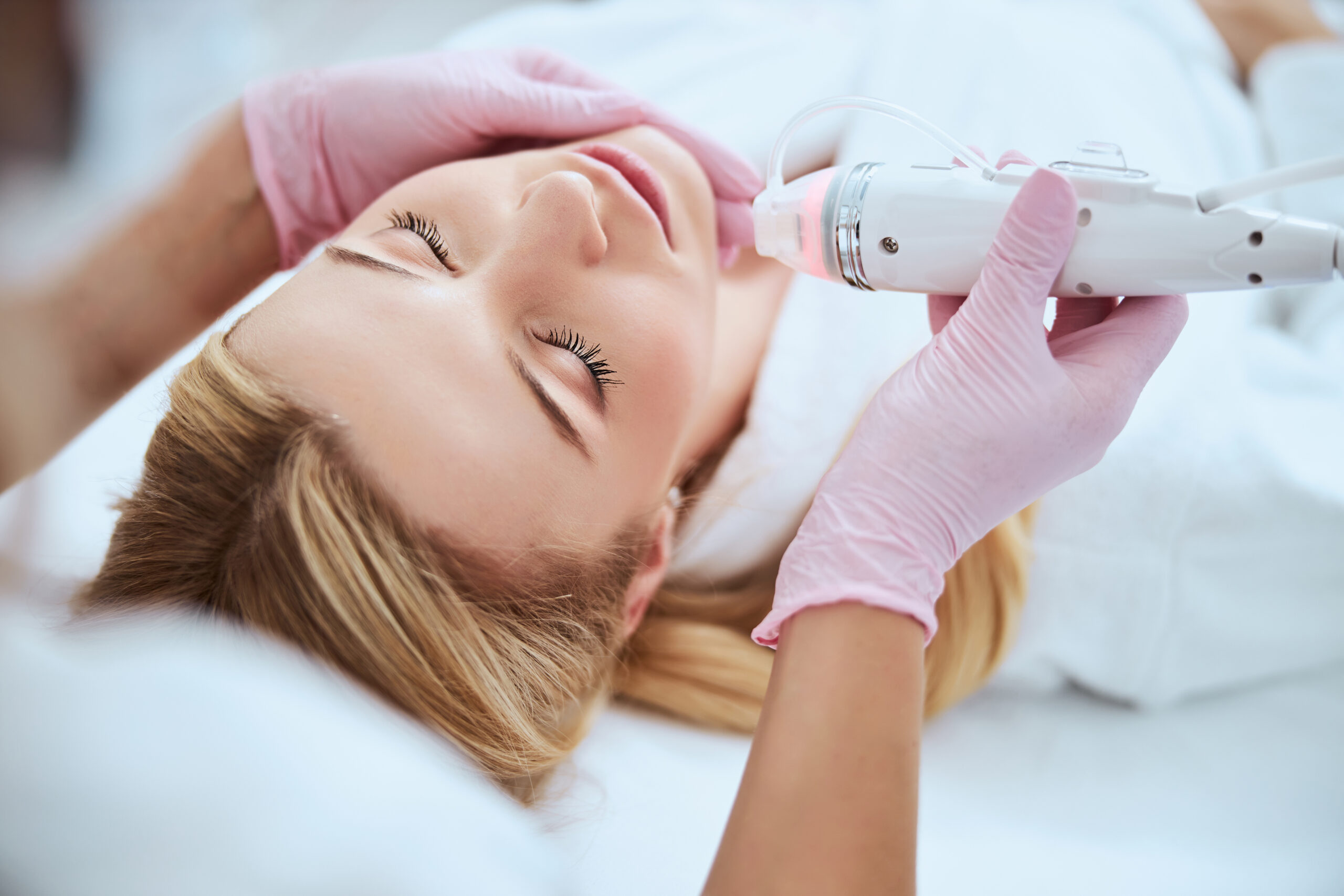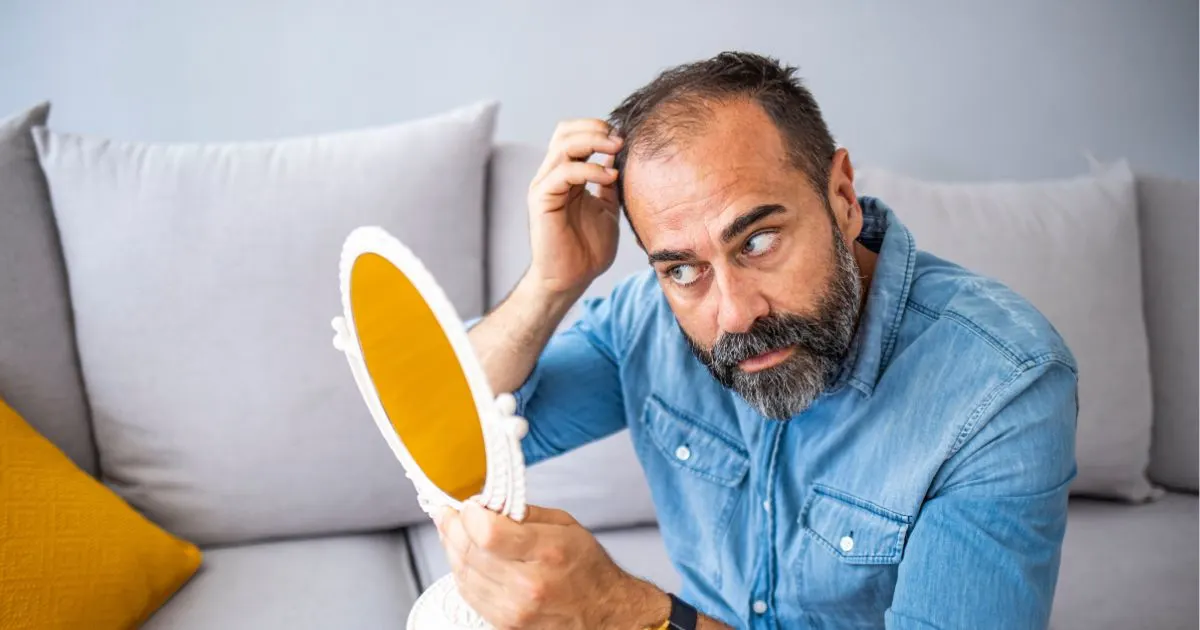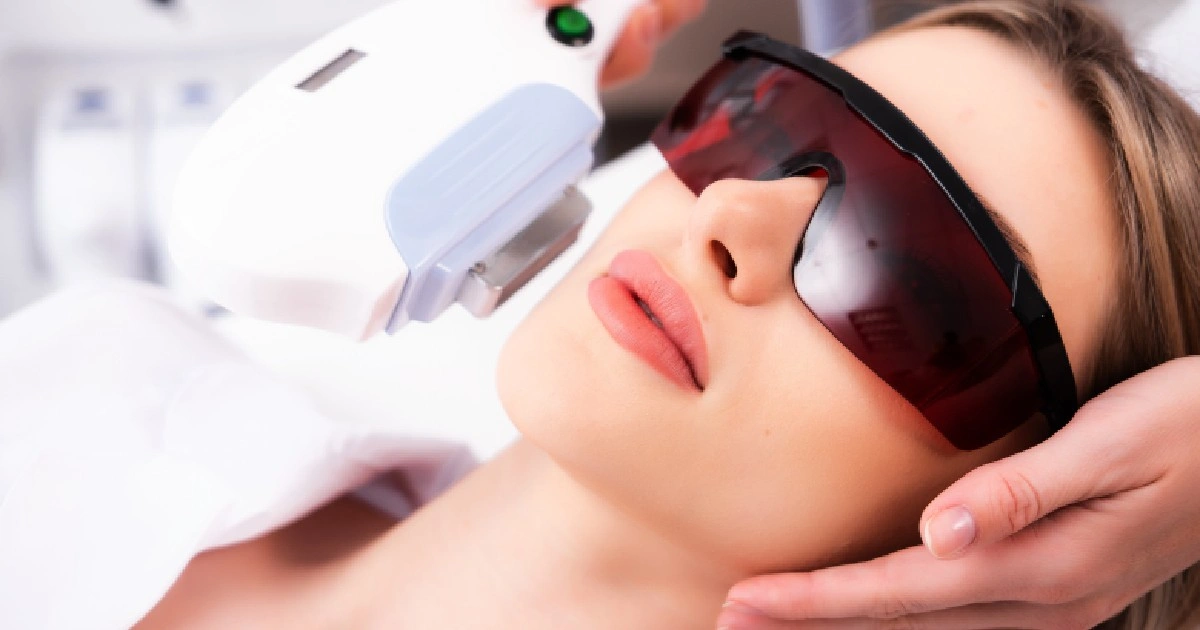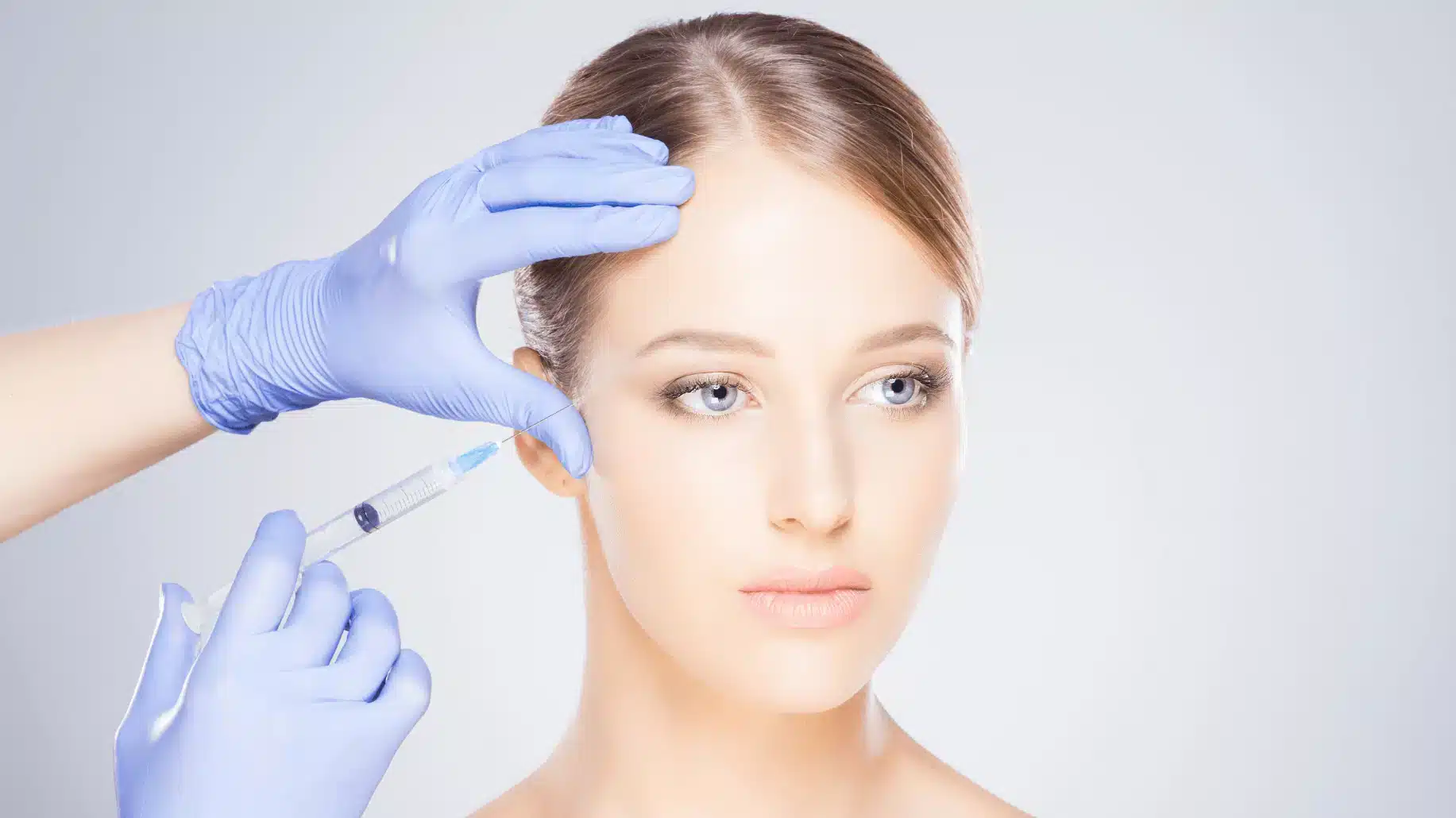

Painful intercourse can profoundly impact the quality of life and relationships. This discomfort can frequently be traced back to hormonal imbalances and infections, which can both be common among adults of all ages. At Avanti Medical Center in Lehi, UT, we recognize the effects that these conditions can have on sexual health. We combine advanced technology with a compassionate, holistic approach to address these concerns, turning a distressing subject into a manageable one.
Before treating painful intercourse, it is important that we find the root cause of the pain. Hormonal imbalances and sexual wellness are connected for both men and women, so this is one of the things that we will investigate when finding a solution to painful sex.
Symptoms related to sexual health can vary between men and women. For women, when hormones such as estrogen and testosterone are out of balance, it can lead to various health problems, including painful intercourse. A drop in estrogen levels, which often occurs during menopause, can result in vaginal dryness, thinning of the vaginal walls, and diminished elasticity, which can all make sexual intercourse more painful.
In males, low testosterone levels can contribute to erectile dysfunction, which can indirectly lead to pain or discomfort during sex. Additionally, hormonal imbalances can create emotional and psychological stress, further complicating sexual health and potentially leading to painful intercourse.
In women, hormonal imbalances might lead to symptoms such as irregular periods, vaginal dryness, mood swings, and decreased libido along with painful or uncomfortable intercourse. Men may experience erectile dysfunction, decreased sexual desire, loss of muscle mass, irritability, and more.
Yeast infections can be a common reason for pain during sex. This condition is characterized by itching, burning, and thick, white discharge. Bacterial vaginosis, which causes thin, gray, white, or green vaginal discharge along with a fishy smell and vaginal itching and burning, can cause pain both during urination and during sex. Other infections leading to painful intercourse for women can include gonorrhea, chlamydia, herpes, and pelvic inflammatory disease.
Common infections leading to painful intercourse for men include:
The mind plays a vital role in sexual health. Stress, anxiety, depression, and other psychological factors can significantly influence the experience of sexual activity.
Various physical conditions can also lead to painful intercourse. Conditions like endometriosis, uterine fibroids, or ovarian cysts in women can cause deep pain during penetration. For men, conditions like Peyronie’s disease, which causes abnormal curvature of the penis, can impact sexual health and lead to painful intercourse.
Aging can bring about changes that affect sexual health in both men and women. In women, menopause can cause a decrease in estrogen levels, leading to vaginal dryness and loss of elasticity, both of which can cause discomfort or pain during sex. In men, aging can lead to conditions like erectile dysfunction, which can make sexual intercourse difficult and potentially painful.
Any time painful intercourse is linked to hormonal imbalances, it can be effectively addressed through the use of hormone replacement therapy. At our clinic, we use bioidentical hormone replacement therapy because the plant-derived hormones are made to mimic those that are naturally found in your body, leading to a more effective treatment for hormonal imbalances and sexual wellness.
Bioidentical hormone replacement therapy (BHRT) operates on the principle of restoring hormone levels in the body. BHRT introduces hormones that are chemically identical to the ones our bodies naturally produce, helping to restore balance. While many different treatment methods exist, we use hormone pellets placed under the skin for their ability to release a controlled amount of hormones each day for several months.
The hormone replacement procedure involves the insertion of a small pellet containing bioidentical hormones under the skin. This is usually done in the hip or buttock area, in an outpatient setting, and requires only local anesthesia.
During your pellet hormone replacement therapy, we will clean the area and then numb it with a local anesthetic. A small incision, typically less than a centimeter, is made in the skin. Through this incision, the hormone pellet is inserted using a special applicator. Once the pellet is positioned, the incision is closed, usually requiring no stitches, and covered with a small bandage.
The whole process is quick, typically completed within 15-30 minutes. After the procedure, patients are generally able to return to their normal activities. The effectiveness of the pellet usually lasts between three and four months for women and four and six months for men, at which point a re-evaluation is conducted to determine the need for re-treatment. This ensures continued hormone balance and symptom relief over time.
If you have persistent painful intercourse that is impacting your quality of life and relationships, it is important to talk to your doctor to identify the cause. At Avanti Medical Center in Lehi, UT, we can help determine the cause of painful intercourse, and we offer bioidentical hormone replacement treatments along with other treatments for sexual health and wellness. For comprehensive care, call us at 801-691-7748 or reach out online.









